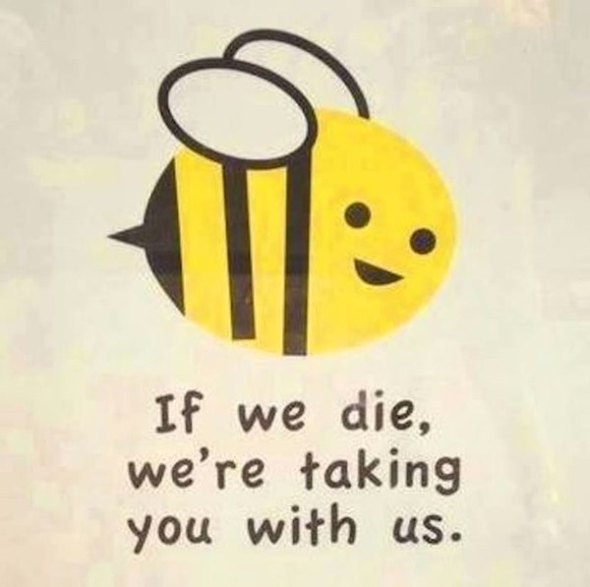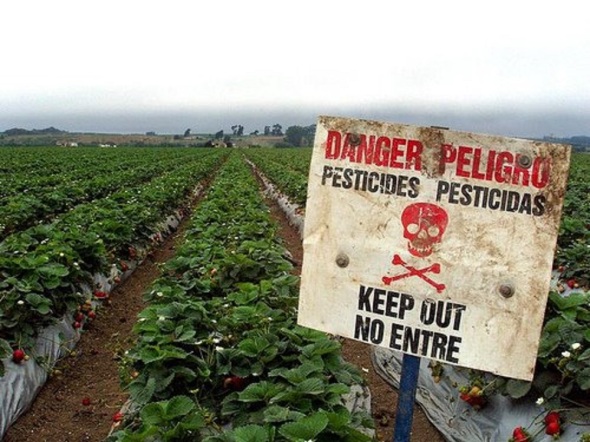Pesticides used to help bees may actually harm them

Pesticides beekeepers are using to improve honeybee health may actually be harming the bees by damaging the bacteria communities in their guts. The discovery is a concern because alterations can affect the gut’s ability to metabolize sugars and peptides, processes that are vital for honeybee health.
Bacteria in branches naturally fertilize trees

The bacteria in and on our bodies have been shown to be vital for human health, influencing nutrition, obesity and protection from diseases. But science has only recently delved into the importance of the microbiome of plants. Since plants can’t move, they are especially reliant on partnerships with microbes to help them get nutrients.
You too can learn to farm on Mars!
Scientists at Washington State University and the University of Idaho are helping students figure out how to farm on Mars, much like astronaut Mark Watney, played by Matt Damon, attempts in the critically acclaimed movie “The Martian.” Washington State University physicist Michael Allen and University of Idaho food scientist Helen Joyner teamed up to explore the challenge. Their five-page study guide was published the day the movie premiered earlier this month.
Digesting bread and pasta can release biologically active molecules
Biologically active molecules released by digesting bread and pasta can survive digestion and potentially pass through the gut lining, suggests new research. The study reveals the molecules released when real samples of bread and pasta are digested, providing new information for research into gluten sensitivity.
Pesticides alter bees’ brains, making them unable to live and reproduce adequately
A new report suggests that a particular class of pesticides called “neonicotinoids” wreaks havoc on the bee populations, ultimately putting some crops that rely on pollination in jeopardy. Specifically, these pesticides kill bee brain cells, rendering them unable to learn, gather food and reproduce. The report, however, also suggests that the effects of these pesticides on bee colonies may be reversible by decreasing or eliminating the use of these pesticides on plants pollinated by bees and increasing the availability of “bee-friendly” plants available to the insects.
An apple a day may keep the children away: Pesticides and sperm count
Ever hear that old saying an apple a day keeps the Doctor away? Well it might have the right idea, just the wrong person. New research investigating the relationship between eating fruit and vegetables containing pesticide residues and the quality of men’s semen has shown a link with lower sperm counts and percentages of normally-formed sperm. So for people wanting children it may be time to rethink that produce.







